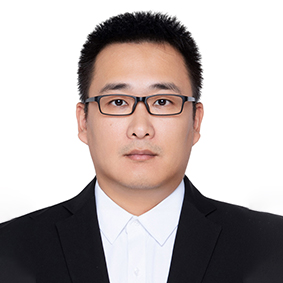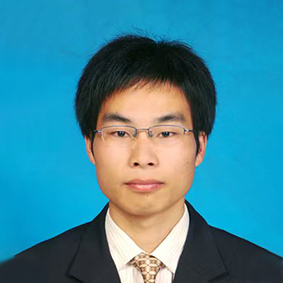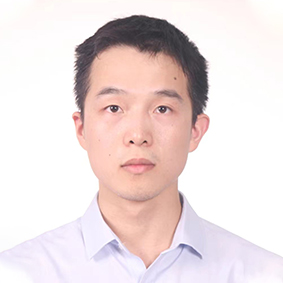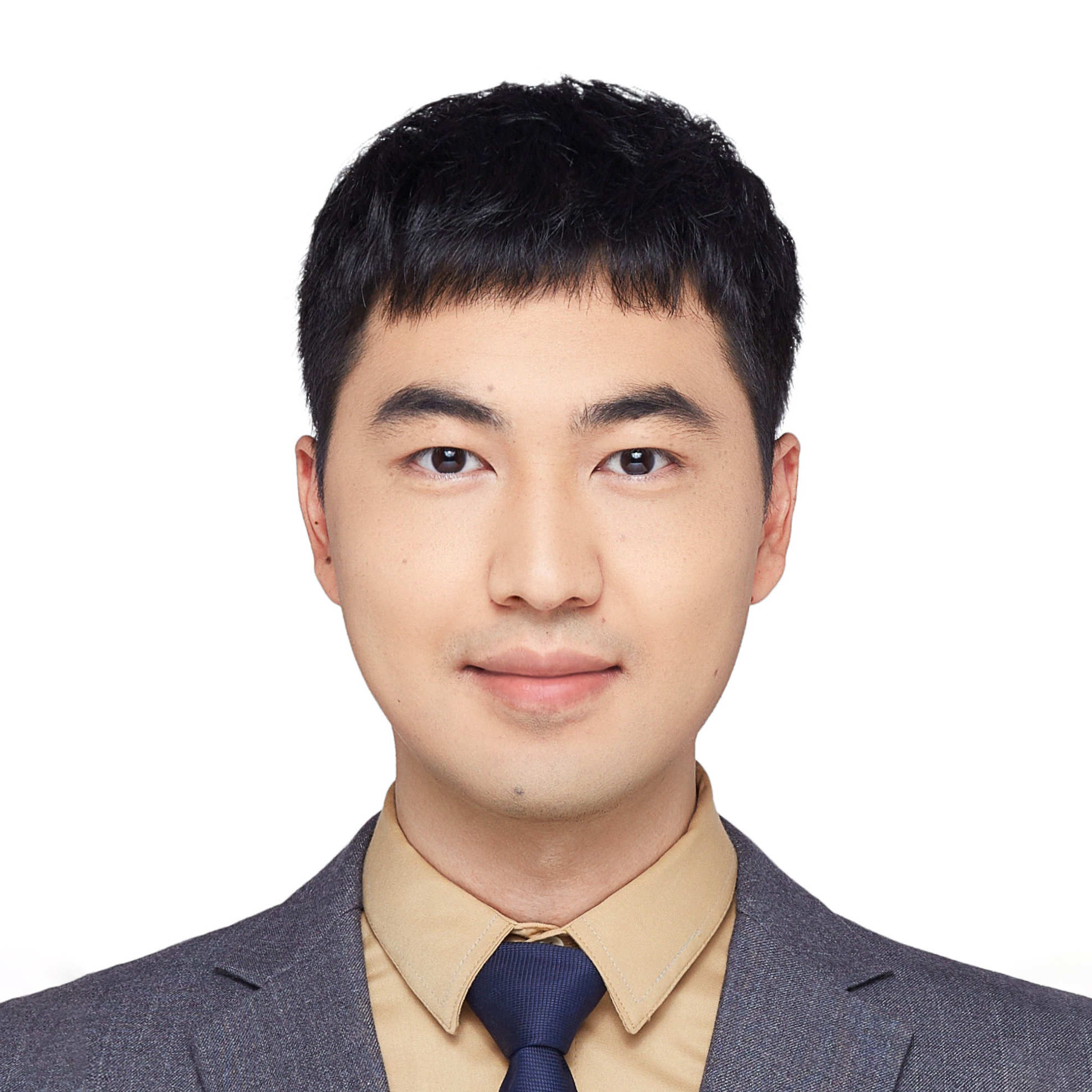新闻中心
NEWS人才招聘
RECRUITMENT16
2025.0216
2025.0221
2025.02通知公告
EVENTSbat365在线中国官网登录入口叶轮机械研究所师生党支部与上海汽轮机厂技术发展党支部联合开展主题共建活动[图]
2025-01-27bat365在线中国官网登录入口召开2024年度学生党支部述职评议会[图]
2025-01-19bat365在线中国官网登录入口召开2025年度学生工作务虚会[图]
2025-01-192024-2025学年秋季学期考风考纪教育大会暨班主任监考培训会顺利举行[图]
2024-12-29新能源动力研究所研究生第一党支部举行12月民主评议组织生活会及党员大会[图]
2024-12-25制冷所研究生第一党支部十二月党员大会[图]
2024-12-25“薪火相传,青春有为”——航空动力研究所举行十二月党团联合组织生活会暨党员民主评议[图]
2024-12-25bat365在线中国官网登录入口第九届学术之星终评答辩培训会顺利举行[图]
2024-12-252024年度上海市基层团组织典型选树高校团委第二组互访互学总结会顺利开展[图]
2024-12-19

教师风采
FACULTY







探索发现
EXPLORATIONS

院情概况
DATA国家级科研
成果奖
国家级教学
成果奖
科研机构
本科专业
博士和硕士
学位授权点
教职工总数
在校学生数
国家及省部级
实验室